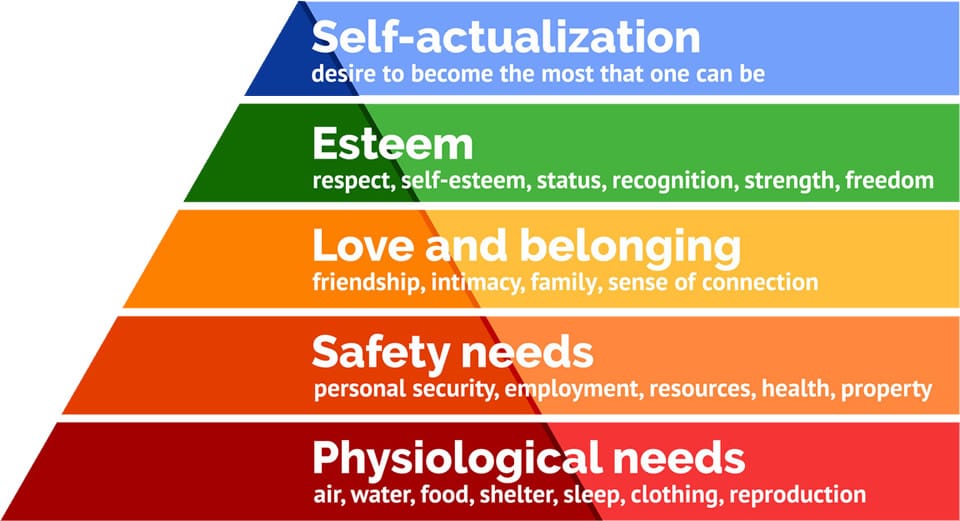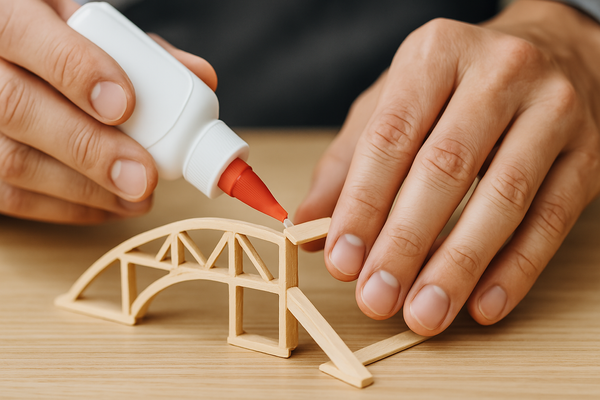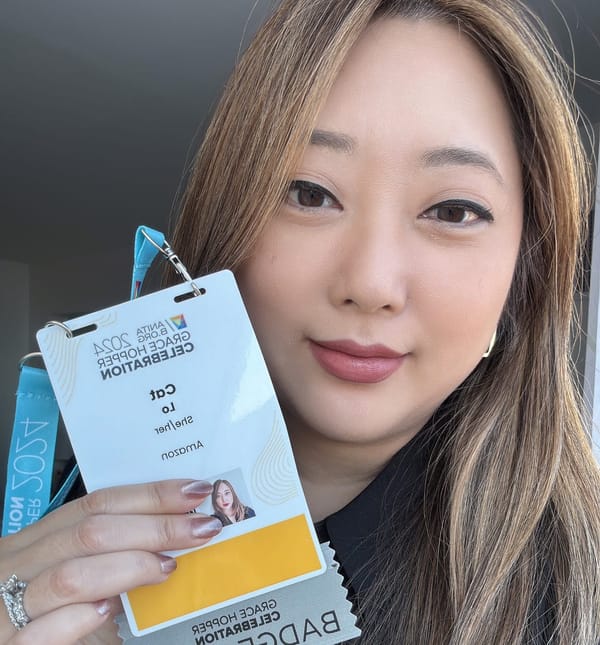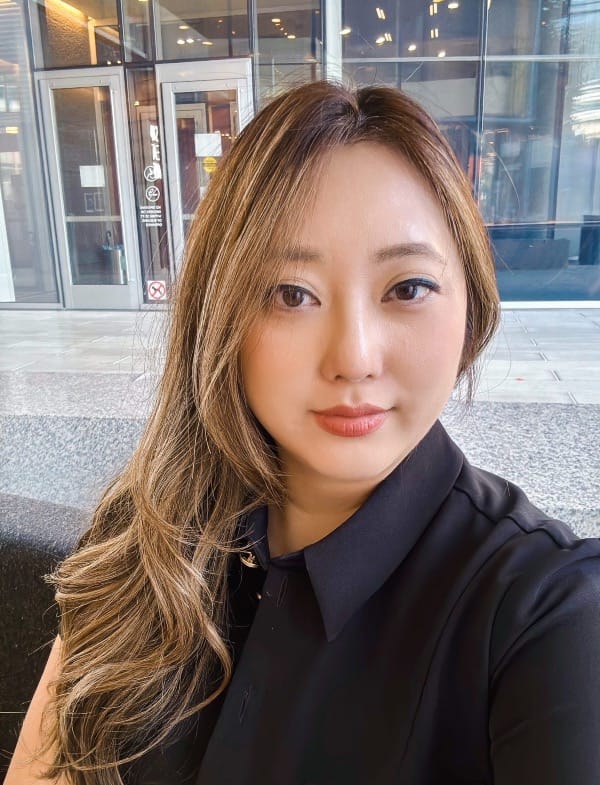What do I want to achieve?
Last Wednesday at the office was eerily quiet. Layoffs of 2024 happened with a few teams (Audible, Prime Video, Twitch).

Last Wednesday at the office was eerily quiet. Layoffs of 2024 happened with a few teams (Audible, Prime Video, Twitch). 2023 was brutal on the downsizing and 2024 will be no different. Tightening the belts. I know a bunch of you shared with me about being impacted by layoffs and looking for new opportunities.

A simple reminder. Work is a business contract between you and your employer. The moment they decide you're gone, there's no way to negotiate out. Shift your focus from the uncontrollable into what can be controlled because "Life is not well lived accidentally, it's cultivated."
I discovered "Morning Pages," a concept from Julia Cameron's "Artist's Way," involves writing three pages of longhand, stream-of-consciousness text first thing in the morning. This practice aims to clear the mind and capture fleeting thoughts and ideas, acting as a meditative tool for creative clarity.
If you are familiar with User Experience, Maslow's Hierarchy of Needs describes the unified theory of human motivation and the order it's met. The bottom layer is basic needs like food, water, warmth, and rest. The middle layer describes security and physical safety. The top layer describes psychology needs, love and belonging, self-esteem and actualization. In times of crisis, this theory helps bring clarity to your situation.

As an example, I created a focused pyramid for the top layer, psychological needs. The bottom layer describes the feeling of belonging with family, friendships, love. The middle layer is related to a sense of accomplishment, with efforts to gain prestige. The top layer describes self actualization, what's required to reach full potential and purpose. As each layer goes up, the more focused your topics need to be.

This exercise helps me see, "what exactly do I want to achieve?" I'm conducting user research card sort on myself, gathering the raw data, where inputs are sorted and ranked by priority. Zoomed out view allows me to identify themes or "first principles", facts and truth.
Why? Because amateurs don't know what they are supposed to do, masters focus on what not to do.
From the 9 pieces of information, I created 4 key themes with 2 recommended goals each:
- Increasing emotional intelligence. The higher you climb, the larger the risk, the more negativity and toxicity you will face. Skills are required for developing healthy boundaries.
- Goal: Conduct a bi-weekly reflection and journaling session for six months to improve emotional response in conflicts, reduce unnecessary escalation by 50%.
- Goal: Complete a course/book on emotional intelligence within three months, and implement 3 learned strategies.
- Build a sustainable long-term productivity and creativity. Prioritizing healthy mind and body over work and other people's needs.
- Goal: 150 minutes walking per week, for the next six months. Log daily wellness tracker, reduce stress levels by a 20%.
- Goal: Meditation for 15 minutes daily for three months, eat lunch at 12-1 same time every day, and leave work at 5pm at least 3/5 days.
- Gain recognition in career growth. Taking an unapologetic, strong stance, advocating for one-self, visible to those who matter.
- Goal: Lead and successfully deliver UX project within the 4–6 months.
- Goal: Present 3 UX proposals to the leadership over the next six months, aiming for at least one to be adopted, demonstrating value and expertise in the field.
- Long-term stability and planning. What skills will lay the groundwork towards stability? What small, big bets should I go for?
- Goal: Create and begin executing a two-year career development plan, focusing on skills enhancement and leadership growth, initiate progress reviews every quarter with manager.
- Goal: Develop a comprehensive financial plan, including saving targets and reduce spending.
Hope this example of how I collect raw data, synthesize themes, identify action items inspires you to make ideas into reality.





